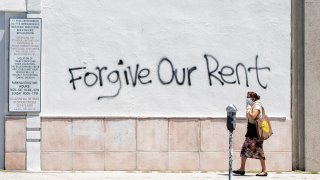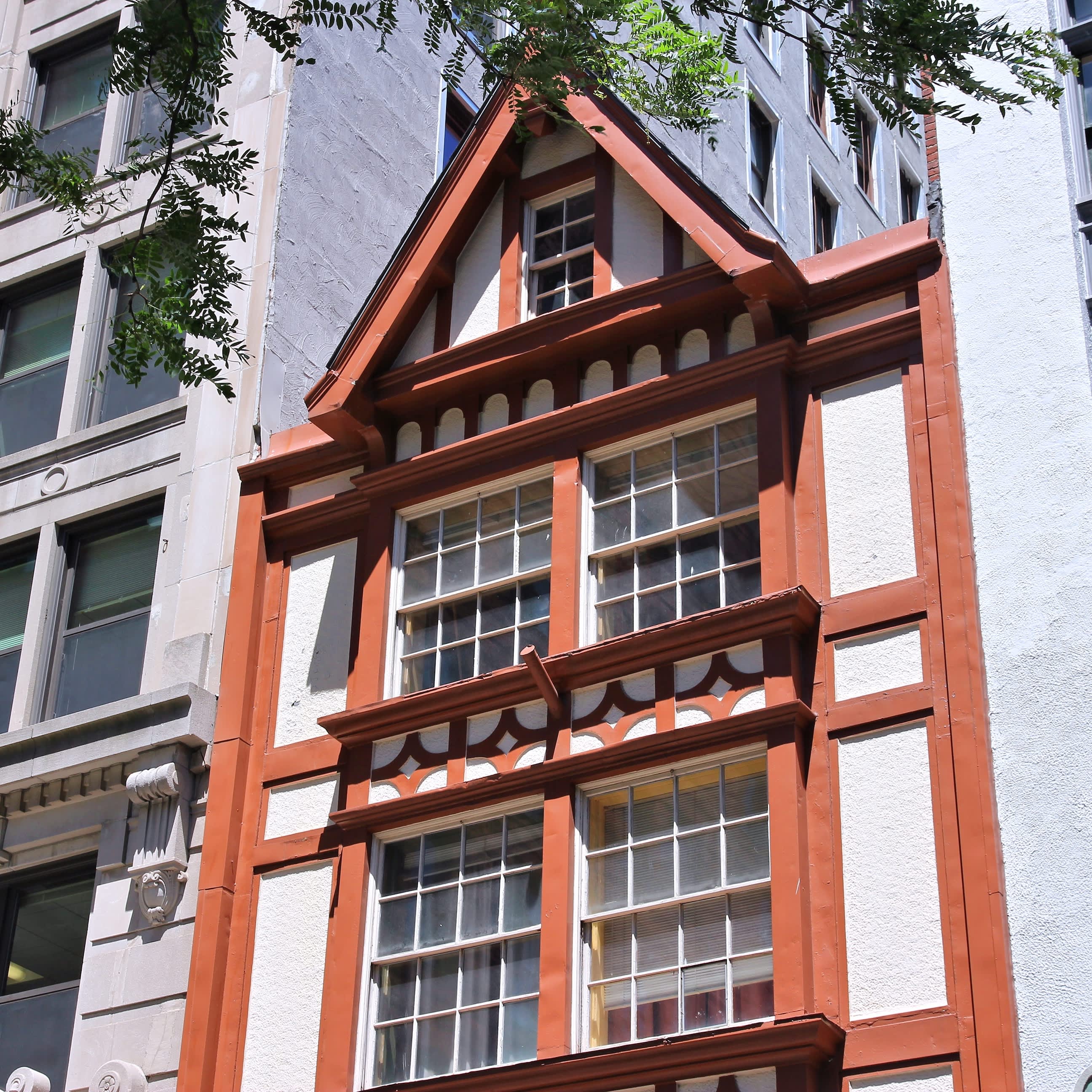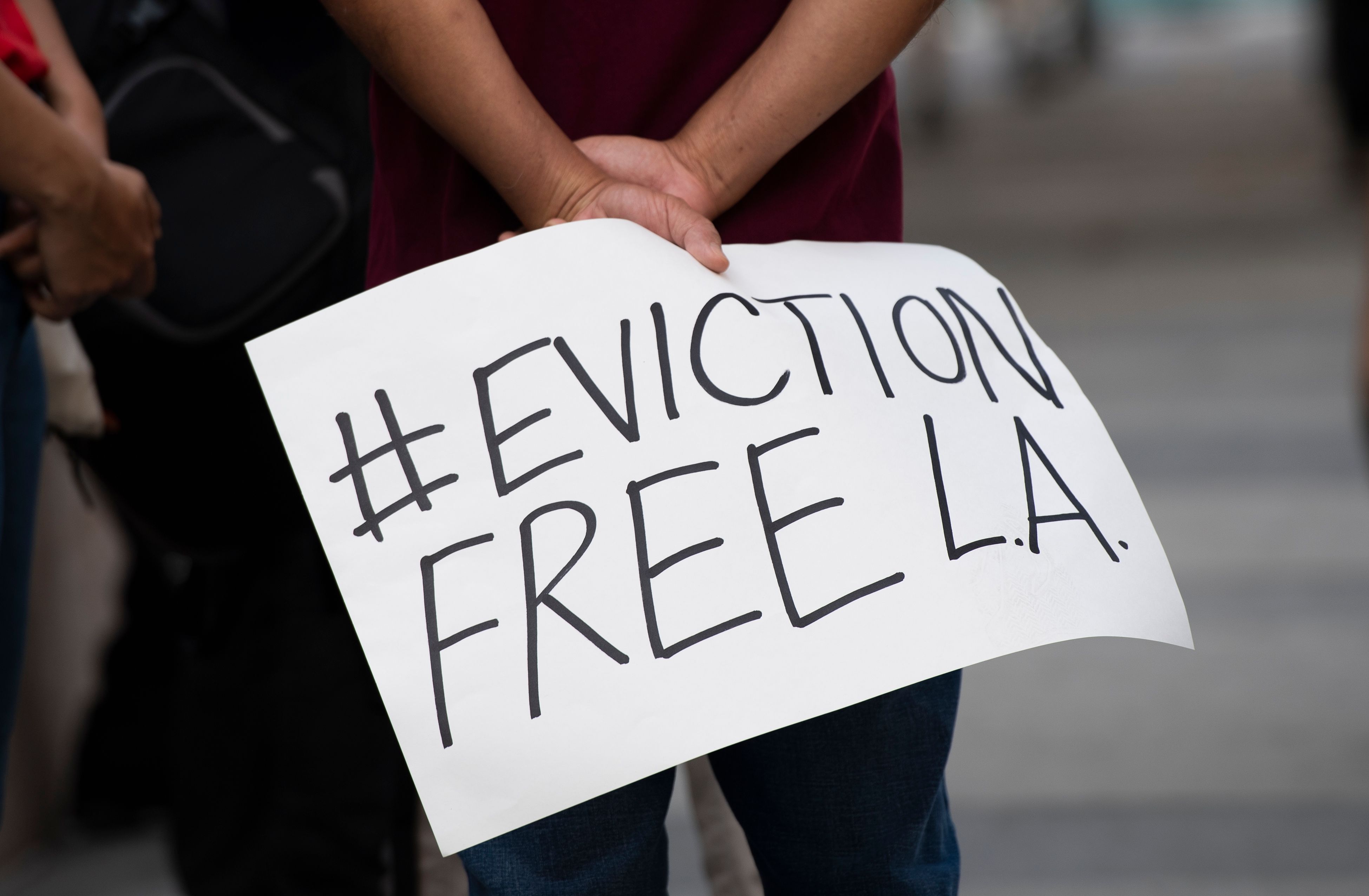
The application window for Los Angeles' $259 million COVID-19 Emergency Renters Relief Program will open March 30.
Click here to check your application status and find out more about the assistance program.
The City Council voted unanimously on March 2 to approve using federal and state government funding for the second round of the city's rent relief program, which will help about 64,000 families with rental assistance, with $235 million earmarked for direct rental assistance and $3 million for eviction defense.
The first round of assistance provided 49,133 rent subsidies totaling $98.26 million, to help households that could not pay their rents due to the COVID-19 pandemic. The second round will focus on paying off households' past rent, with a maximum grant of $10,000.
Get top local stories in Southern California delivered to you every morning. Sign up for NBC LA's News Headlines newsletter.
The funding is available for people who live in Los Angeles who have been impacted by the pandemic and/or have been unemployed for 90 or more days. They also must have a combined household income at or below 50% of the area median income, but priority will be given to renters at or below 30% of the area median income.
The wait list for rental assistance in Los Angeles has 56,000 renters.
"Last year when we received CARES Act funding, this council took quick action to establish programs that would provide direct assistance. We did this because we knew keeping a roof over Angelenos' heads was the best way to help them through this pandemic," Council President Nury Martinez said earlier this month. "This renters assistance program is not only a lifeline to families that are rent-burdened and living paycheck to paycheck, but it is also critical for mom-and-pop landlords who have been struggling over the last year."
"The city's unemployment continues to be over 10% and families in our city owe anywhere between $4,000 to $7,000 worth of back rent," Martinez said on March 2. "We all know that it is significantly cheaper to keep families housed than it is to build new housing."



